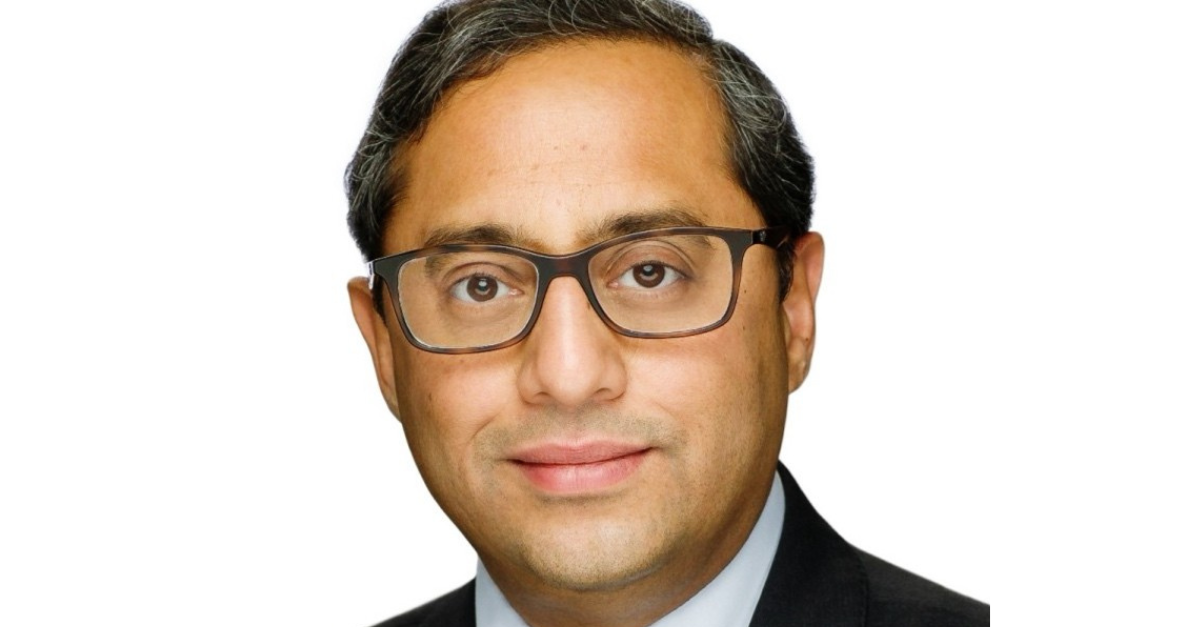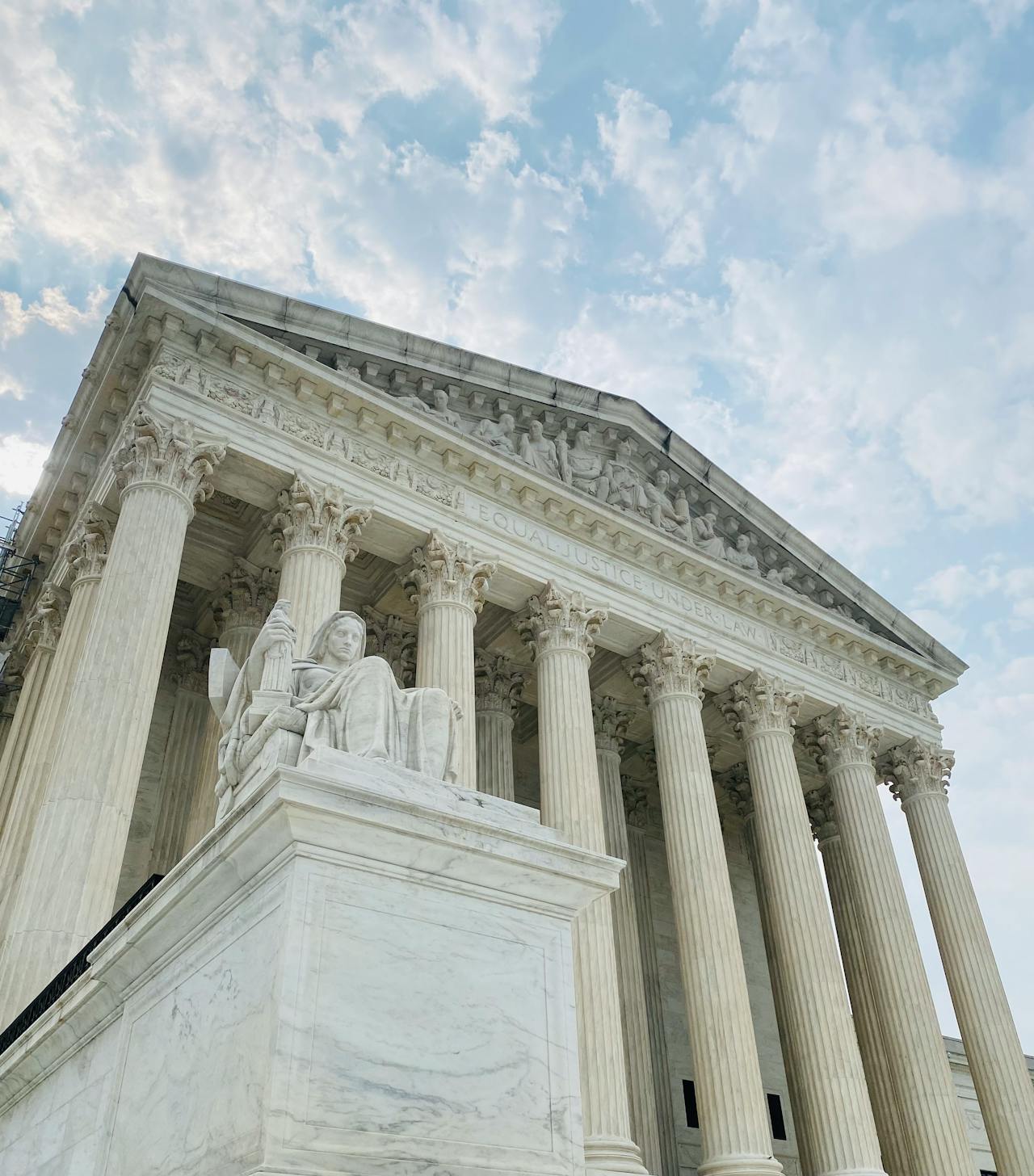The fate of a Biden-era rule that would keep medical debt from consumers’ credit reports is up in the air amid reported stoppages within the Consumer Financial Protection Bureau (CFPB) and the new administration’s broader hold on recently finalized regulations.
On Jan. 7, the bureau issued a final rule on the consumer protection, which also prohibits lenders from considering borrowers’ medical information during assessments. It was set to go into effect in March.
The Trump administration, however, entered office on Jan. 20 with a 60-day freeze on all pending rulemaking across federal agencies.
On February 1, Rohit Chopra shared news that his “term as CFPB Director has concluded”—reported by many outlets as a firing—and this week Treasury Secretary Scott Bessent was named acting director. Bessent also reportedly instructed a widespread halt to the CFPB’s activity, which includes a suspension of the effective dates of all issued, but not yet effective, final rules.
“I look forward to working with the CFPB to advance President Trump’s agenda to lower costs for the American people and accelerate economic growth,” Bessent said in a statement on his temporary appointment.
The CFPB is an independent bureau under the Federal Reserve that was created in the wake of the 2008 financial crisis to implement and enforce federal consumer financial law.
Since its formation, the bureau been squarely in the crosshairs of conservative lawmakers (PDF) and public figures like Elon Musk. Abolishment of the bureau is among the goals of Project 2025 (PDF), the political playbook developed by conservative thinktank The Heritage Foundation.
“Shutting down CFPB enforcement actions that are on the verge of delivering money into the pockets of working people is at odds with President Trump’s claim that he wants to lower costs for families,” Sen. Elizabeth Warren, D-MA, who guided the bureau’s creation, told NPR earlier this week in a statement.
Medical debt and collections practices had become a focus for the CFPB during the Biden administration, both with the suspended final rule and other guidance telling third-party collectors to refrain from illegal practices, such as “double-dipping.”
An estimated 100 million Americans are affected by medical debt, according to KFF Health News. Some hospitals have reportedly leaned on threats to a patient’s credit as a tactic to secure payments.
The finale rule on medical debt credit reporting was expected to improve the scores of 15 million people by an average of 20 points. In 2022 major credit reporting agencies Equifax, Transunion and Experian voluntarily began removing some medical collections from their reports—though CFPB found $49 billion of outstanding medical debt remained and often affected those living in the South and in predominantly Black and Latino/Hispanic neighborhoods.
In a Feb. 1 statement, the National Consumer Law Center said that Chopra’s firing likely signals a pullback on enforcement and the potential rescindment of other protections like the medical debt rule.
“Director Chopra finalized rules to eliminate medical debt from credit reports and to reduce overdraft fees from $35 to $5, and the decision to fire Chopra raises the threat that President Trump will side with big banks that are pushing Congress to overturn those rules so they can keep taking billions from our pocketbooks,” Lauren Saunders, associate director of the National Consumer Law Center, said in the statement.
In an emailed statement, Mona Shah, senior director of policy and strategy at health equity nonprofit Community Catalyst, said that going ahead with the medical debt final rule would be the Trump administration’s chance to prove it’s serious about easing lower- and middle-class economic burdens.
“This rule that has broad, popular support, will significantly help the more than 100 million people in this nation impacted by medical debt and will provide relief to those who have unfairly had their credit impacted simply because they got sick,” Shah said. “Nobody, no matter where we live or how much money we have, should be forced to make the impossible choice between getting essential health care and going into debt. People should not have to worry that medical debt could prevent them from buying a home or securing an auto loan because of its impact on their credit.
“Jeopardizing the economic well-being of 100 million people with medical debt that they did not plan to take on would be a cruel outcome if the rule does not go into effect,” she said.
Publisher: Source link










